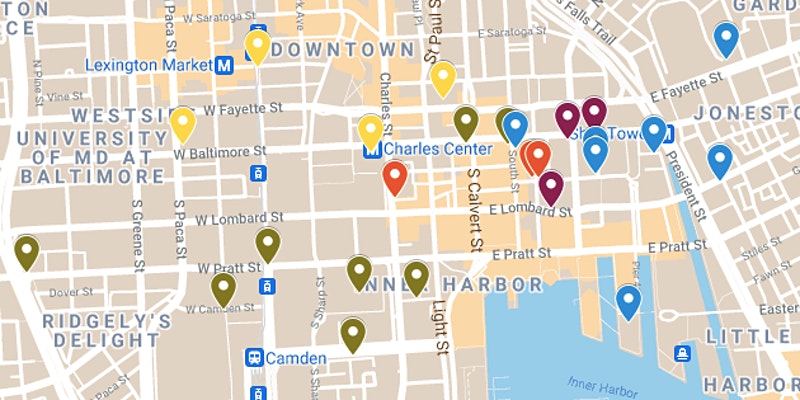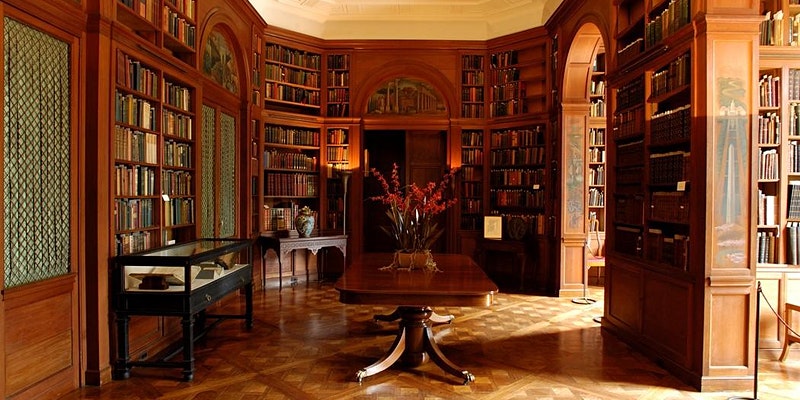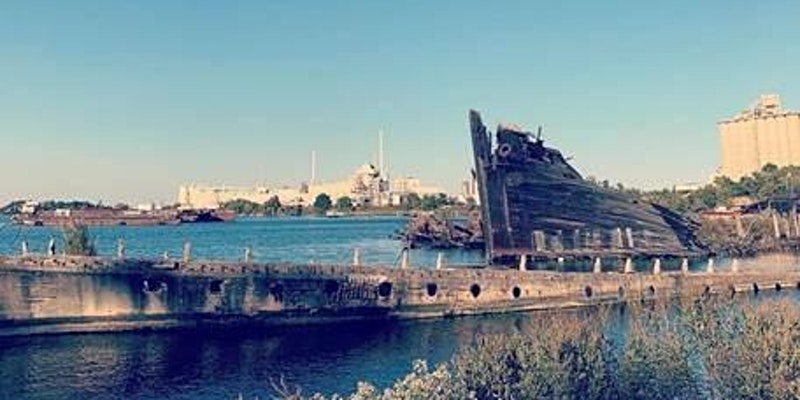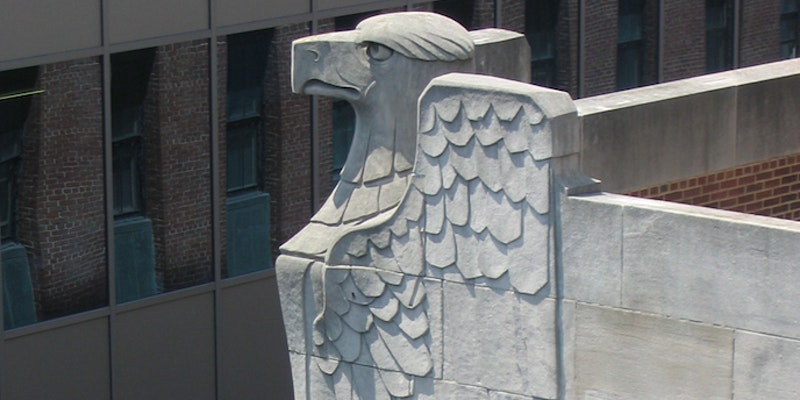Did you know there is a ship graveyard in Baltimore’s Curtis Creek? Join us for a talk by Maryland’s State Underwater Archaeologist, Dr. Susan Langley, to discover the submerged and hidden vessels off of Hawkins Point! Although known mostly as the home of the U.S. Coast Guard since 1897, the bustling waterfront industries of Curtis Bay and Creek have long included shipyards and other maritime businesses. So it's not unusual that these waters contain a disproportionate number of scrapped and abandoned vessels. What is surprising is the nature and histories of many of these watercraft, which include mid-19th century schooners to the last passenger steamers operating as recently as 1963.




